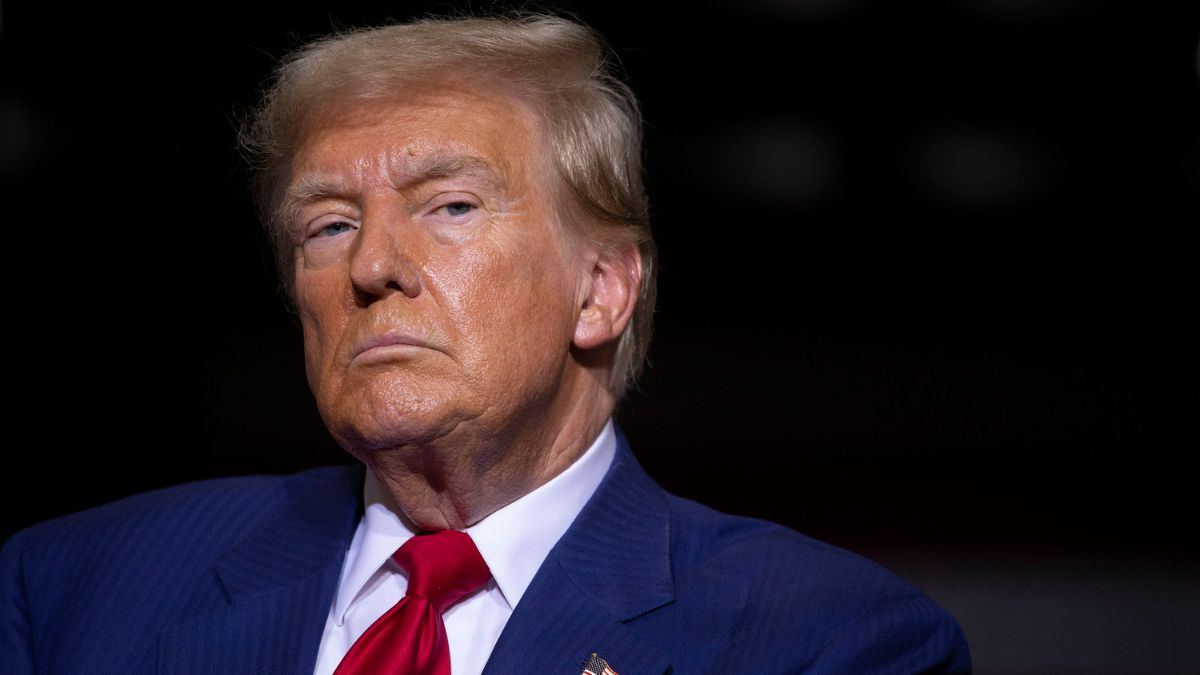
The recently proposed “Trump accounts,” a key part of the “One Big Beautiful Bill Act,” are meant to give newborns a financial head start. The program, which would run as a five-year trial, would put $1,000 into individual accounts for every baby born in the U.S. between Jan. 1, 2025, and December 31, 2028, as long as both parents and the child have Social Security numbers.
This money must be invested in low-cost, diversified U.S. stock index funds, and withdrawals are not allowed until the child turns 18. At that point, the funds can be used for approved expenses like college, buying a home, or starting a small business.
Full access to the account is allowed at age 30. Taking money out early for non-approved expenses comes with penalties. As found by Daily Mail, the accounts also allow family, friends, employers, or other groups to add more money each year, up to a total of $5,000 per year (though nonprofits can contribute more).
Trump helps the rich again, who knew?
So, you’re not actually getting any money for at most 18 years. Those who run the stocks will be getting a lot of money from being able to use that money the way they see fit until a withdrawal is made. Basically, your child’s name is being used for investment that taxpayers pay for so that those who manage the funds can benefit for almost 20 years. It’s like social security, but the rich take control of the money.
While the program is presented as helping all families, some worry that it favors the wealthy. Per CNN, the flat $1,000 contribution, which is the same regardless of a family’s income, gives a bigger advantage to richer families. These families have more money to add to the government’s contribution, which can greatly increase the final amount in the account. Experts estimate that a $1,000 investment in a broad stock index fund could grow to about $8,300 over 20 years.
According to the CBO’s revised analysis, the bill that would pay for this would add $2.4 trillion to the national debt over the next decade and strip roughly 10.9 million Americans of their healthcare benefits. The GOP has been pressured to push all of this through, but it comes with Medicaid cuts and stricter eligibility requirements, which could leave millions without essential care.
Families who can add more money could see much larger gains. On the other hand, lower-income families, who may not be able to add much extra money, might see less benefit. The $8,300, while useful, may not make a big difference in paying for college or buying a home, and it’s not a guarantee that the money will go up at all. This imbalance has led to criticism that the program is set up in a way that naturally helps wealthier families more.
Another concern is the program’s possible harm to Medicaid. The bill passed by the House includes changes that could lead to big cuts in Medicaid funding. These cuts raise questions about whether helping newborns with money is worth the risk of reducing healthcare access for lower-income families. The complicated rules for withdrawing money also weaken the program’s supposed benefits.
The limits on early withdrawals and the strict rules on how the money can be used might make it harder for families to access the funds in a financial emergency. Studies show that easy access is important for programs that help build wealth early in life. The “Trump accounts,” however, do not meet this standard.
